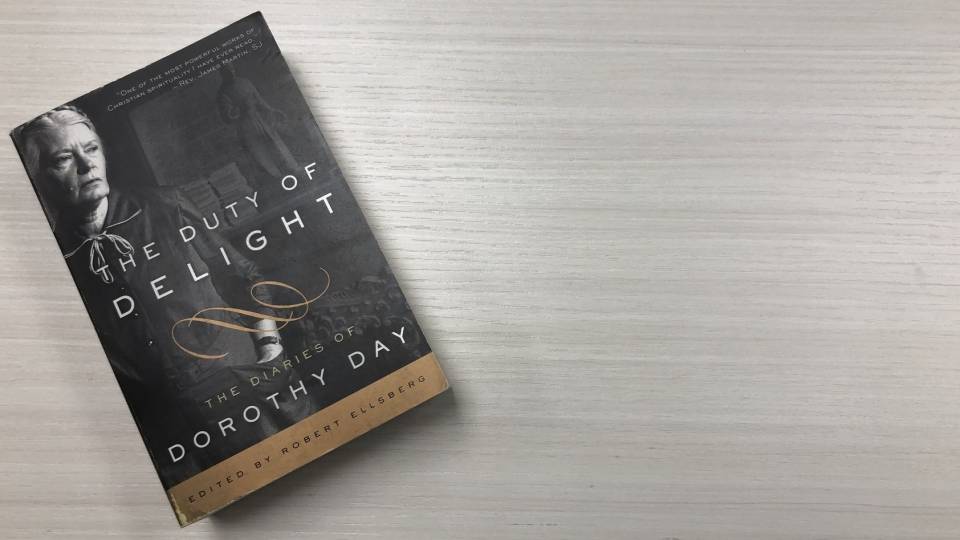SEARCH

The following are specific books Servant of God Dorothy Day mentions having read in her diary entries from the 1970s. This summer, I challenge you to read at least three books – one per month in June, July, and August – that formed this remarkable “saint of the poor” in modern times. For each decade of her life, we’re posting a blog with a new list of titles. Click here for Part 1 Click here for Part 2 Click here for Part 3 Click here for Part 4 All page references are from The Duty of Delight: The Diaries of Dorothy Day, edited by Robert Ellsberg (2008: Image Books).